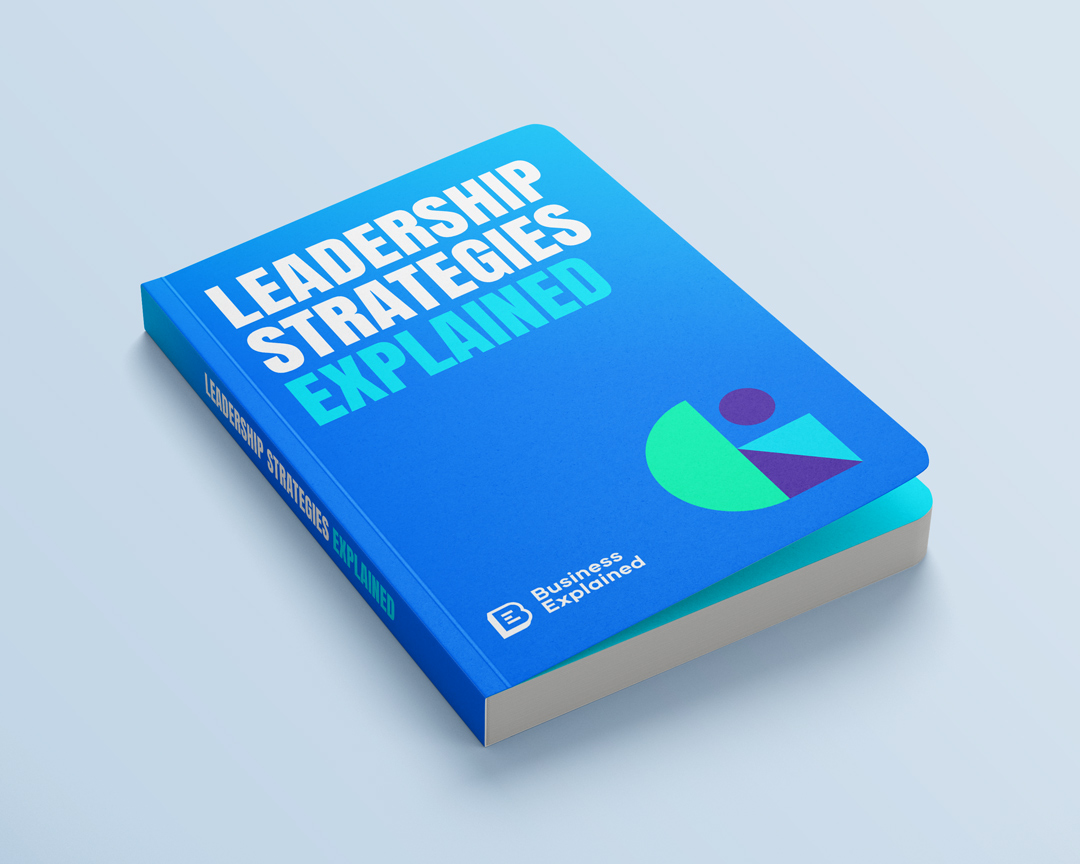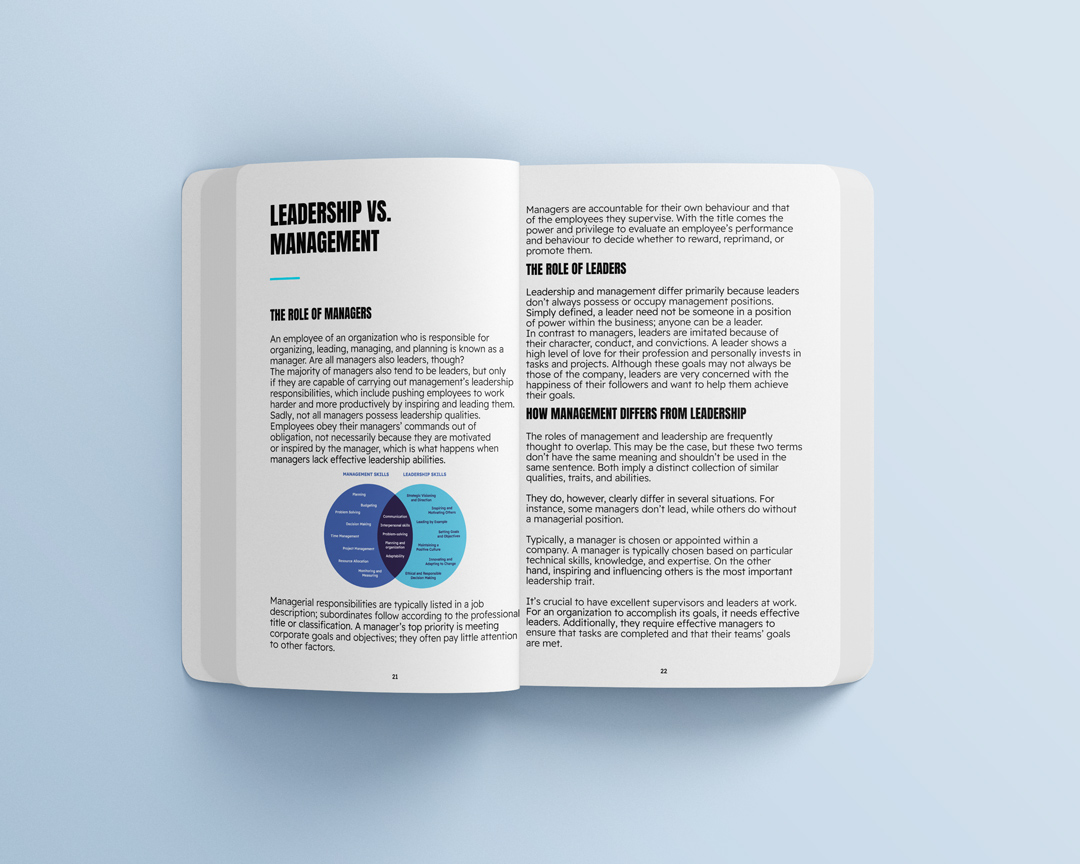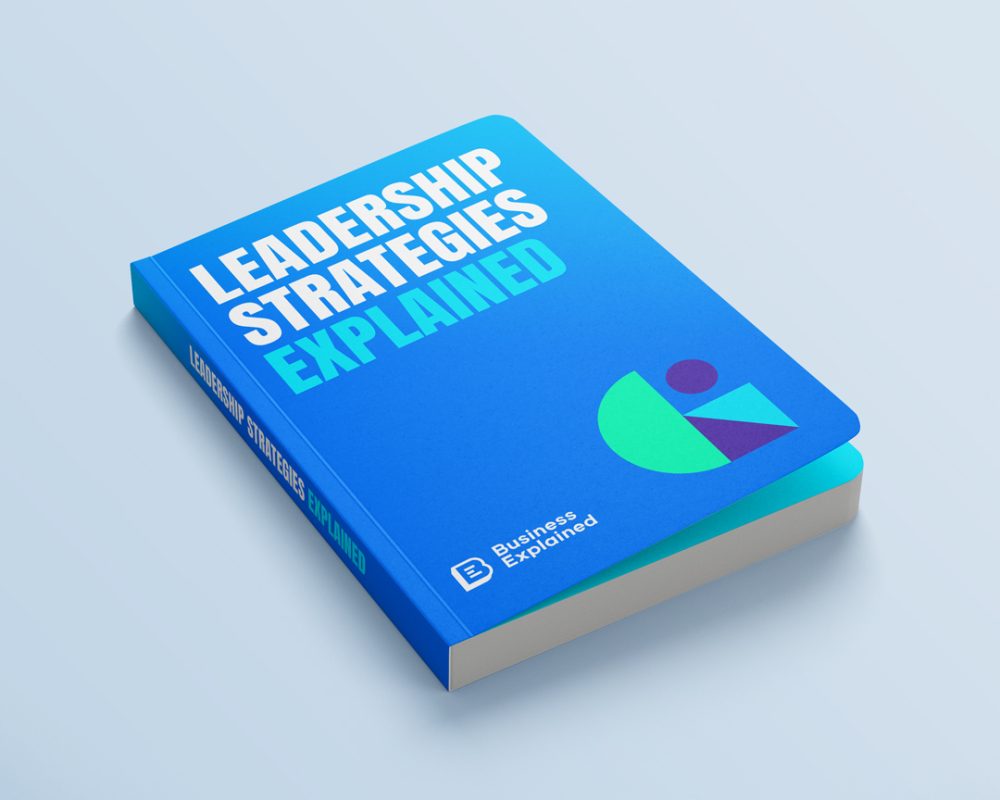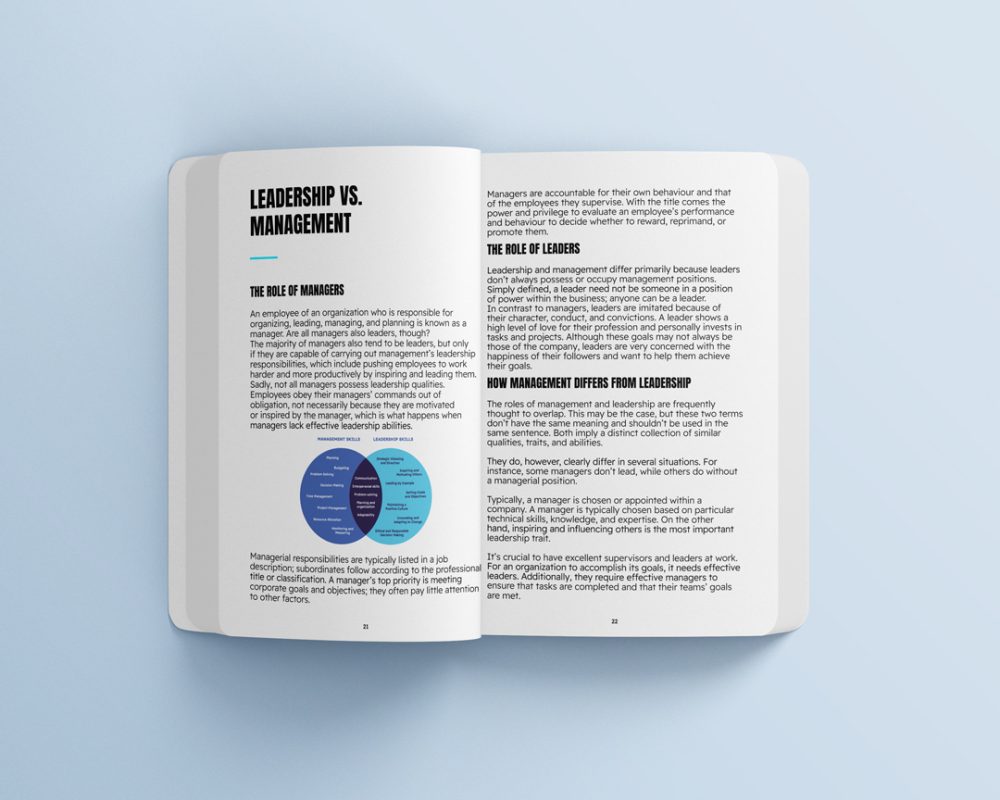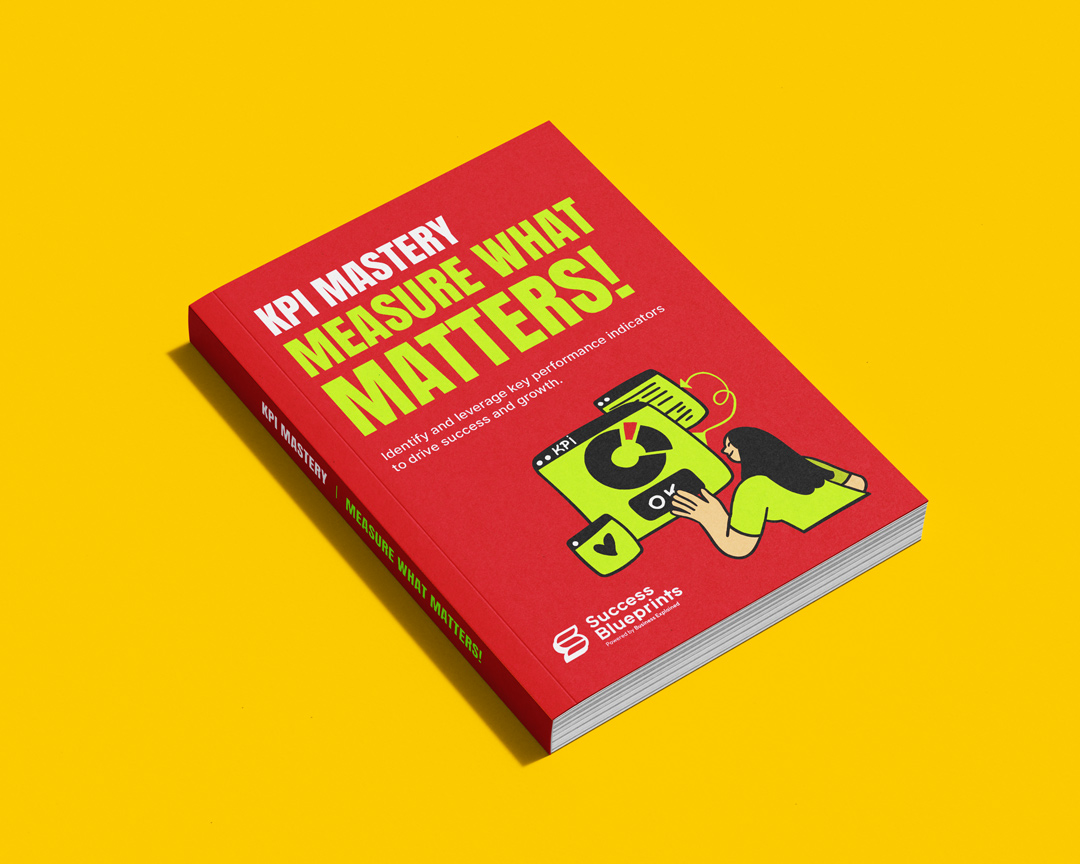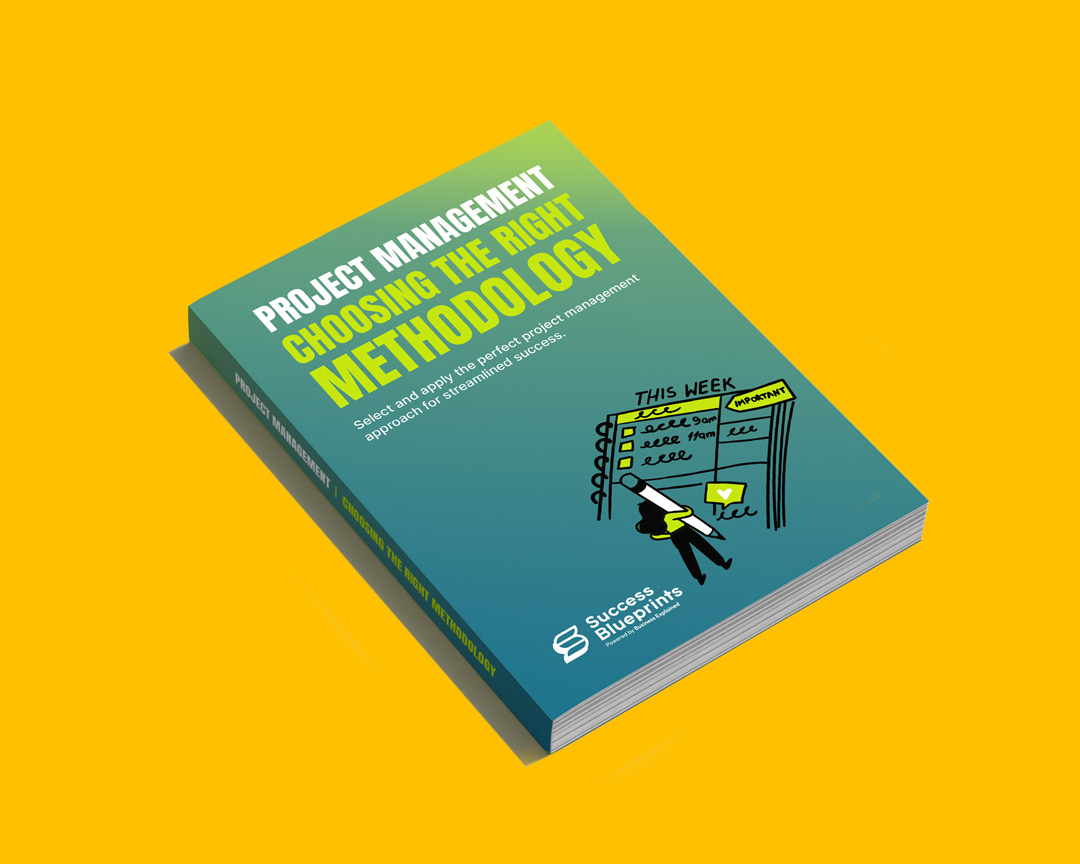
Offer ends in
Leadership Strategies Explained
$29
PDF eBook
114
Pages
1-click download
- 14+ Leadership Strategies
- Create a Personalized Development Plan
- Learn With Real-life Leadership Examples
About Leadership Strategies Explained
Starting with the basics, you’ll learn the importance of leadership in business and how to define it. You’ll also discover the key components of leadership and how it differs from management.
Next, you’ll explore the different theories of leadership, including the trait, behavioral, and situational theories. You’ll also discover various leadership strategies such as transformational, servant, authentic, emotional intelligence, strategic, visionary, collaborative, agile, adaptive, ethical, and cultural intelligence.
Negotiation skills and strategies are also crucial for leaders, and you’ll learn how to negotiate successfully using techniques such as interest-based negotiation, BATNA, anchoring, win-win negotiation, integrative negotiation, and using objective criteria.
‘...frontrunner in delivering top-tier digital business resources...’
‘...has been making waves with its flagship product...’
‘...consistent emphasis on simplifying complex business topics...’
‘...shaping the future of digital business learning...’
‘...valuable resource in the ever-evolving world of business education...’
Table of contents 
- The importance of leadership in business
- Keeping the Company True to Its Vision
- Motivating the Team
- Facilitating the Acceptance of Diversity
- Disseminating Emerging Strategic Goals
- Making sure workers are inspired
- Access to Resources and Assistance
- Promoting Continuous Learning
- Creating a Sense of Belonging
- Defining leadership and its key components
- The Elements of a Good Leader
- Seven Crucial Components of Corporate Leadership
- Communication
- Observation
- Decisiveness
- Transparency
- Trust
- Confidence
- Charisma
- Leadership VS Management
- The Role of Managers
- The Role of Leaders
- How Management Differs from Leadership
- Trait Theory of Leadership
- The rationale for the Trait Theory of Leadership
- Leadership traits
- Trait Theory controversies
- Behavioral Theories of Leadership
- Behavioral Theory of Leadership Overview
- Criticism of the Behavioral Theory of Leadership
- Ohio State Studies
- The Michigan Studies
- Situational Theories of Leadership
- Situational Leadership Theory by Hersey and Blanchard
- Goleman’s Situational Leadership Model
- Pacesetting Leader
- Authoritative Leader
- Affiliative Leader
- Coaching Leader
- Democratic Leader
- Coercive Leader
- Different Leadership Strategies and when to use them
- Transformational Leadership
- Servant Leadership
- Authentic Leadership
- Emotional Intelligence and Leadership
- Strategic Leadership
- Visionary Leadership
- Collaborative Leadership
- Agile Leadership
- Adaptive Leadership
- Ethical Leadership
- Cultural Intelligence and Leadership
- Coaching and Mentoring for Leadership Development
- Leader-Member Exchange (LMX)
- Transformational Leadership
- Developing a Leadership Development Plan
- Assessing Leadership Needs and Gaps
- Designing a Leadership Development Curriculum
- Identifying Development Opportunities
- Measuring Progress
- Sustaining Development
- Evaluating Success
- Developing a leadership brand
- Leveraging Artificial Intelligence in leadership
- Leading remote teams
- Building Trust and Connection with Remote Team Members
- Communicating and Collaborating Effectively with Remote Teams
- Managing and Motivating Remote Teams
- Leveraging Technology for Remote Leadership
- Measuring and Improving Performance of Remote Teams
- Understanding the Challenges of Remote Leadership
- Effective Communication
- Active Listening
- Adapting communication style to the audience
- Clarity and Conciseness
- Empathy
- Body Language and Nonverbal Communication
- Confirm Understanding
- Feedback
- Negotiation Skills and Strategies
- Interest-Based Negotiation
- BATNA
- Anchoring
- Win-Win Negotiation
- Integrative negotiation
- Using objective criteria
- Leading Change
- Understanding Change Management
- Identifying the Need for Change
- Developing a Change Strategy
- Communicating and Engaging Stakeholders
- Managing Resistance to Change
- Measuring and Sustaining Change
- Case studies of successful leadership
- Adobe
- Microsoft
- Upwork
- BetterUp
- SAP
- Conclusion
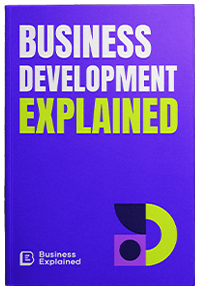
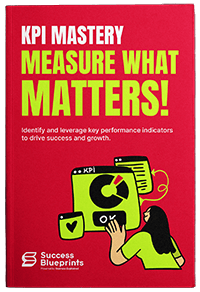
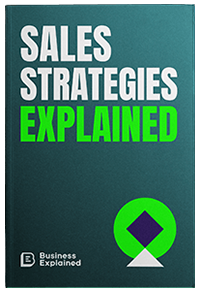

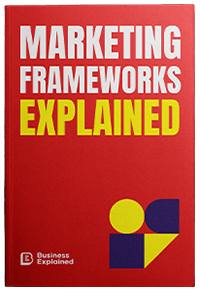
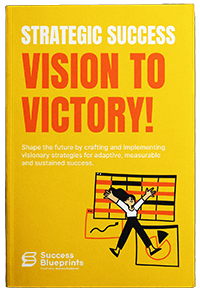
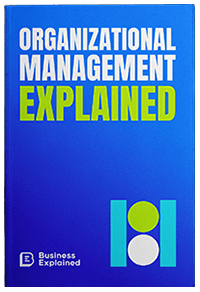
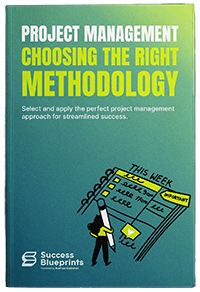
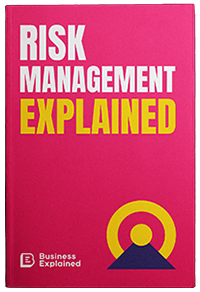
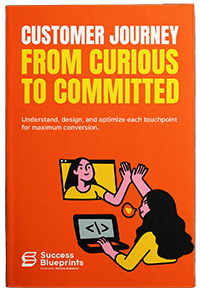
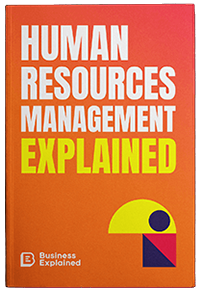












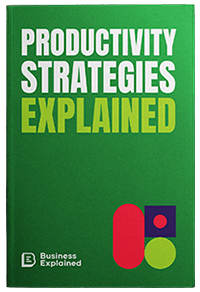

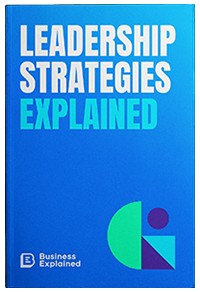
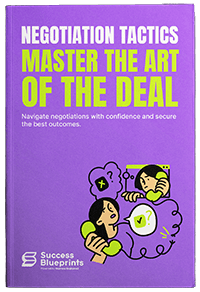
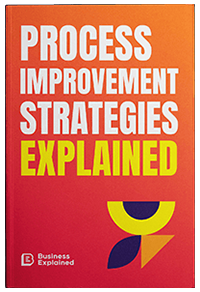
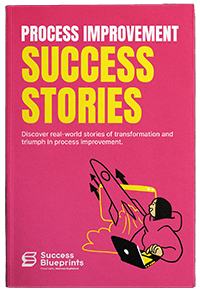

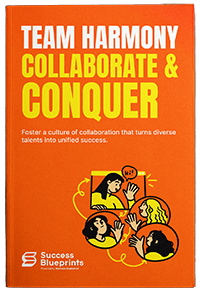
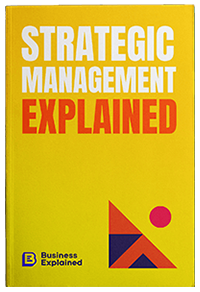












60 Products Included
All Products Special
Order our bestselling business bundle now and save a whopping $4,269 compared to buying each product separately.
Get all 60 Products for just $197 
![]() Risk-free Purchase: Full refund within 14 days
Risk-free Purchase: Full refund within 14 days
Safe Checkout Powered by

This is our LOWEST PRICE EVER - don’t miss out!

Testimonials 
98.2%
Exeptional feedback from our readers 

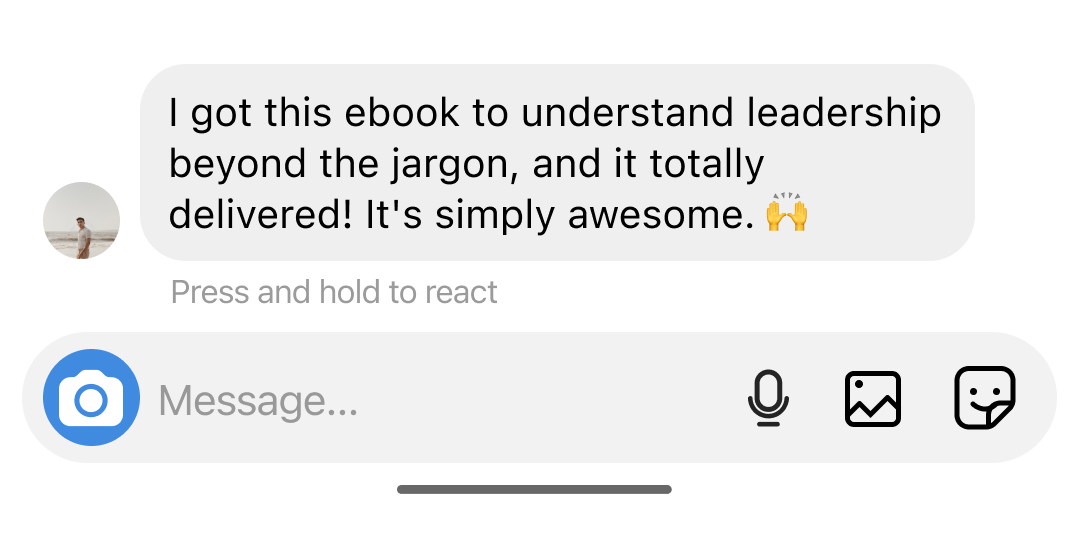

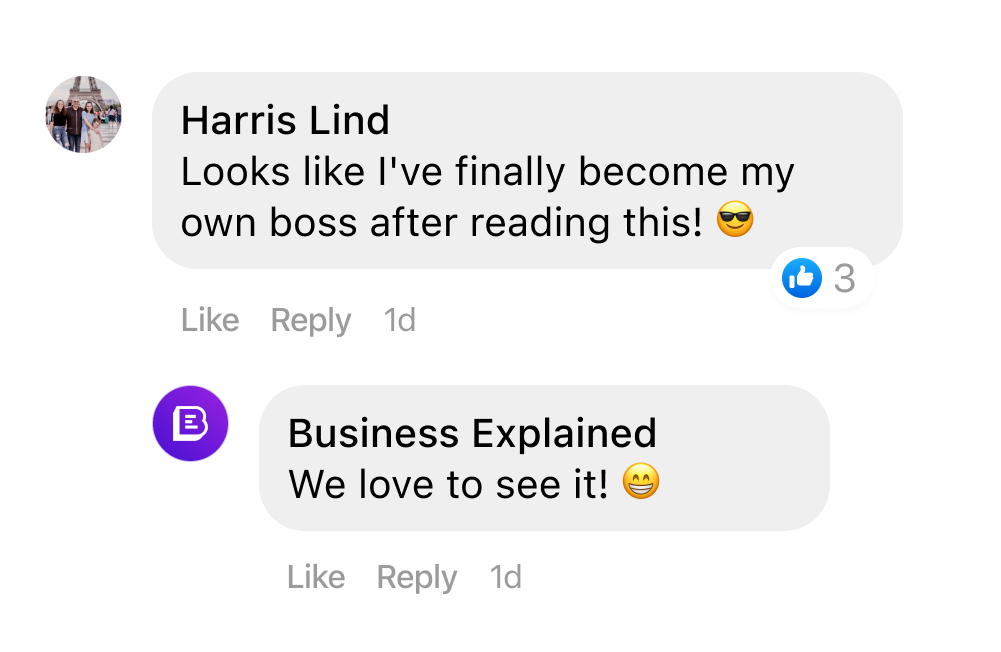
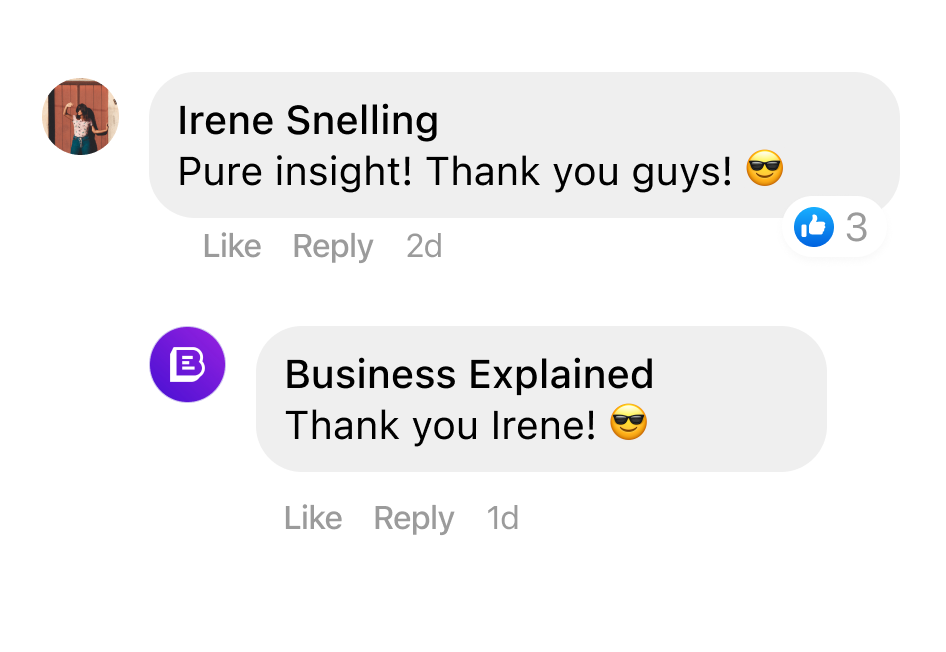
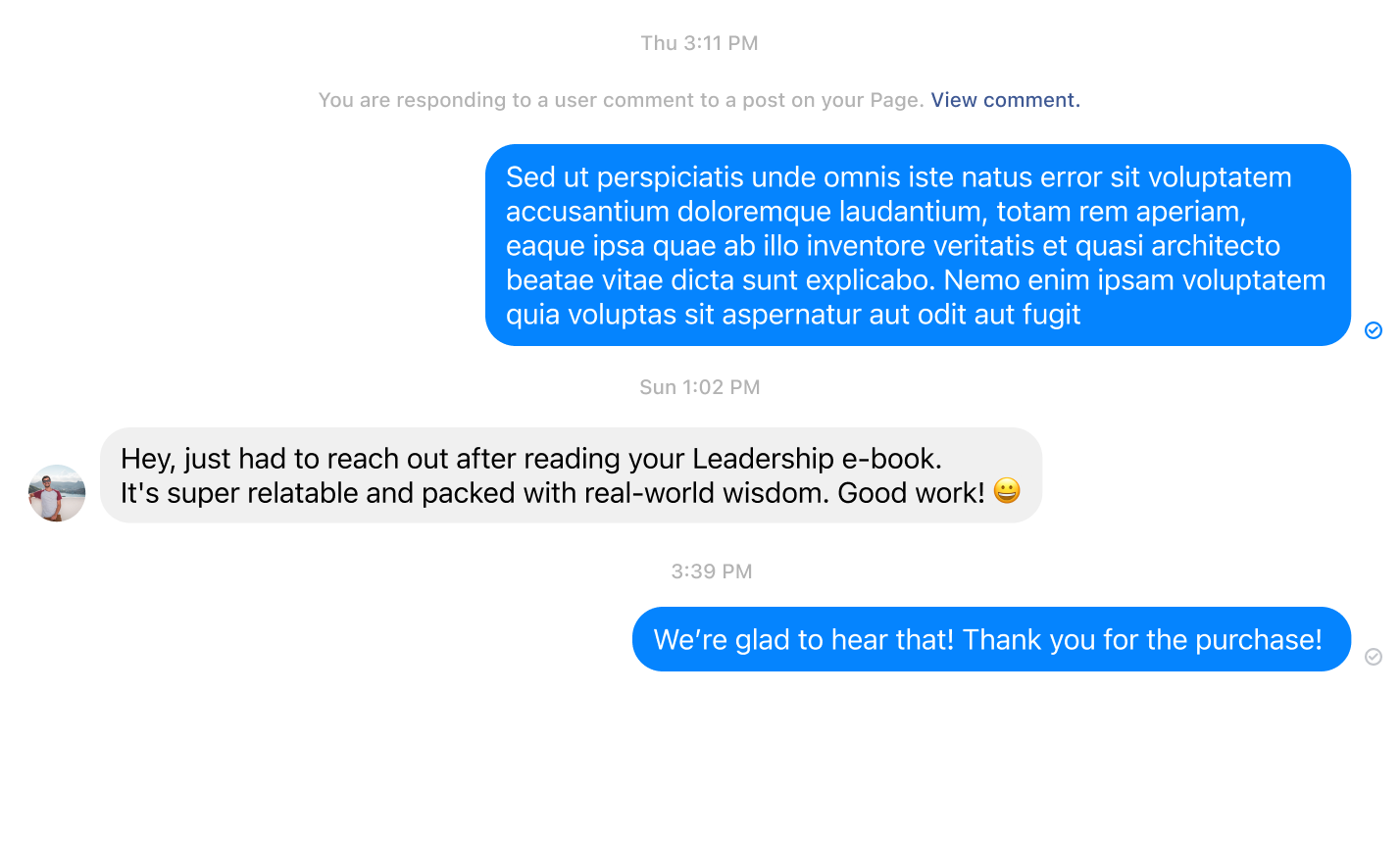
Special Offer - Lowest Price Ever 

final hours
All Products Special
$197 $347
You get all 60 eBooks, Checklists and Tools!
 Risk-free Purchase: Full refund within 14 days
Risk-free Purchase: Full refund within 14 days
 Paddle Safe Checkout
Paddle Safe Checkout
Bundle: Success Blueprints
$129 $549
You get all 10 of our high-quality eBooks!
 Risk-free Purchase: Full refund within 14 days
Risk-free Purchase: Full refund within 14 days
 Paddle Safe Checkout
Paddle Safe Checkout



